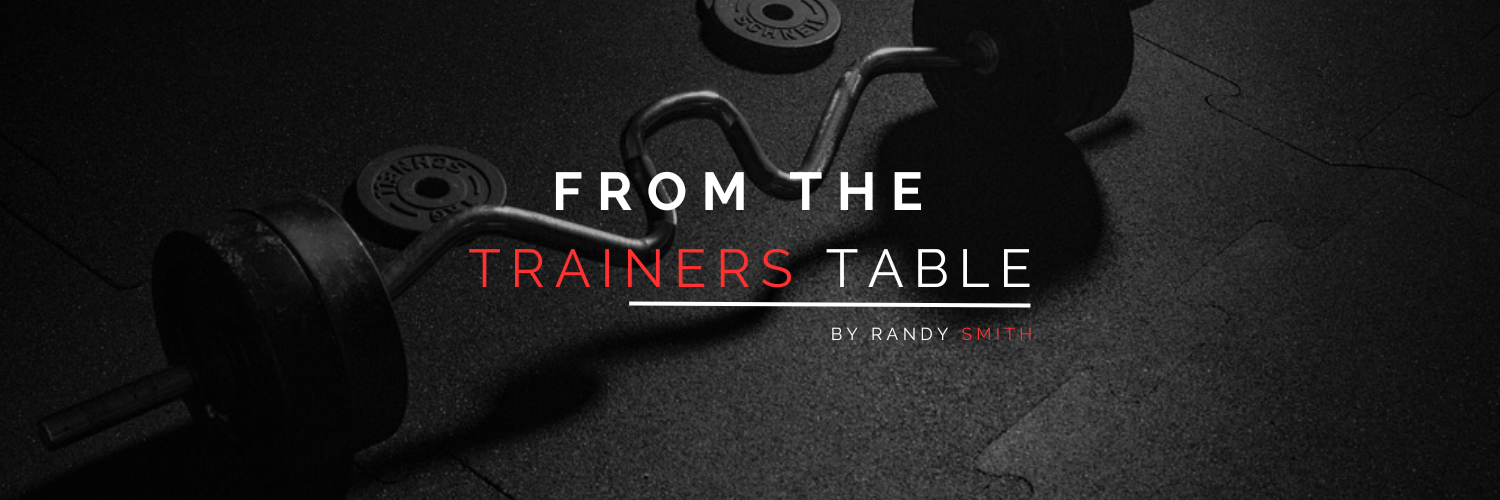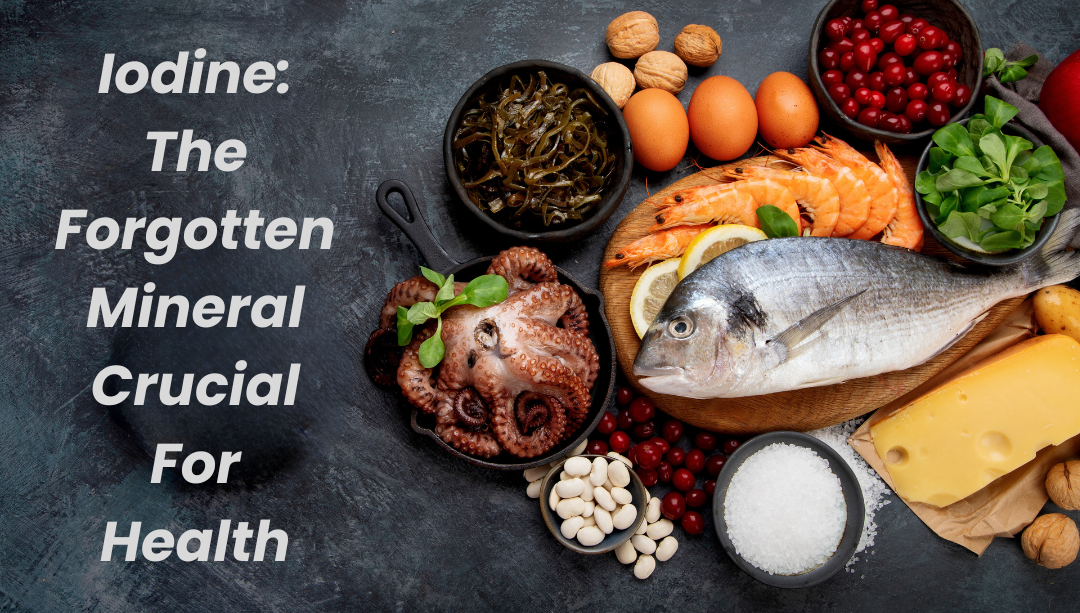The human body is a complicated system that requires specific levels of various minerals, vitamins and nutrients to function properly. Today, we are going to talk about an important mineral that does not get a lot of focus when discussing health; Iodine.
Iodine is an essential mineral nutrient required for the synthesis of thyroid hormones. It was discovered in 1811 by a French chemist, Bernard Courtois. It’s name comes from an ancient Greek word meaning violet-coloured. Iodine is a very important mineral for the human body that helps control growth, repair damaged cells and support healthy metabolism. It is also particularly important for pregnant women as it aids in healthy fetal development and can prevent certain health conditions later in life.
The prominent source of iodine on the planet comes from the ocean meaning that environments near coast lines are abundant in the important mineral. Historically, the majority of people who lived near the coast did not experience iodine deficiency as the mineral was present in the soil that crops grew in and the seafood that people consumed. As you get further away from coastal regions, there is less and less iodine in the soil. Some regions in the central part of the North American contenant have little or no iodine in the soil at all.
Iodine is essential for your health. There are many negative side affects that can occur with an iodine deficiency including fatigue and weakness, trouble losing weight or unexpected weight gain, hair loss, swelling on your neck and even trouble learning and remembering. If babies experience an iodine deficiency while in the womb or while breast feeding and growing, they are more likely to be born at a low birthweight, experience thyroid disfunction and are more likely to experience an IQ reduction of up to ten to fifteen IQ points.
Here is an important fact that most people and even some doctors do not know; every vertebrae needs iodine to survive. Humans, lions, gorillas and even tiny lizards, anything with a spinal column needs iodine to survive. If I could reach into your body and pull out every atom of iodine from your body, you would die within the hour; that is how important iodine is.
We always think of iodine in reference to the thyroid gland, but what you will see is that it is crucial for other functions as well. A deficiency in iodine can lead to many other medical problems other than the thyroid. Every gland and cell in the human body concentrates iodine to some degree. Now the question is, how much iodine do we really need? The official RDA is one hundred and fifty micro grams per day, pregnant and breast-feeding women will need more iodine, their RDA is two hundred to two hundred and ninety micro grams per day. Now one hundred and fifty micro grams might be enough for the thyroid, but what about your other glands in your body? As we’ve discuss, your other glands also need iodine to function as well. So ensuring a healthy level of iodine is present in your diet is very important, it is one of the more important elements that we all need to live a healthy life.
Stay tuned for more on this topic as we discuss how to ensure that you are consuming enough iodine and what foods you can consume that have naturally high levels of iodine.
Tell us what you think; comment below and share this post with your friends!

